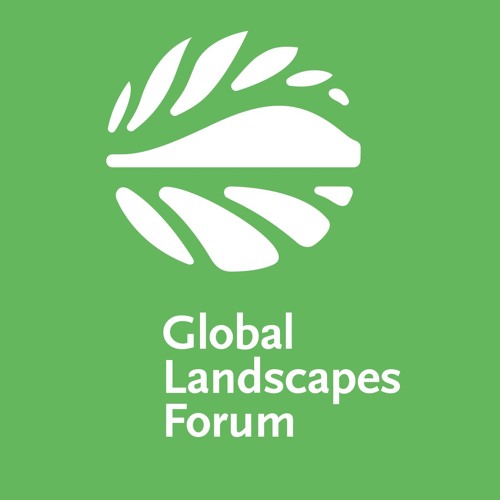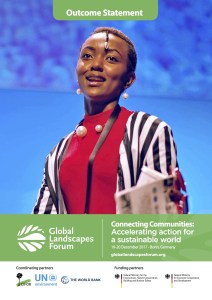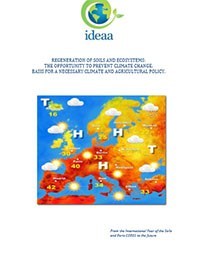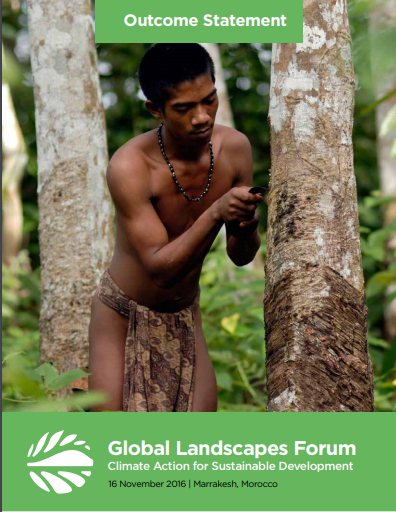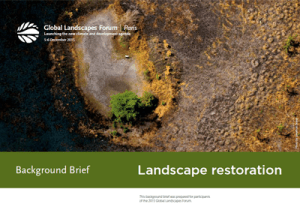Location
The Global Landscapes Forum (GLF) is a multi-stakeholder platform with a global secretariat led by CIFOR and core funding provided by the Government of Germany. The GLF accelerates action towards the creation of productive, prosperous, equitable and climate-resilient landscapes and the achievement of the UNFCCC Paris Agreement and Sustainable Development Goals (Agenda 2030). Charter members: Agronomique pour le Développement (CIRAD), Center for International Forestry Research (CIFOR), Conservation International, Ecoagriculture Partners, Evergreen Agriculture, Forest Stewardship Council (FSC), Global Environment Facility (GEF), Indigenous Peoples Major Group (IPMG), International Center for Tropical Agriculture (CIAT), International Centre for Integrated Mountain Development (ICIMOD), IFOAM - Organics International, International Network for Bamboo and Rattan (INBAR), International Union of Forests Research Organization (IUFRO), Rainforest Alliance, Rare, Rights and Resources Initiative (RRI), United Nations Environment Programme (UN Environment), Wageningen Centre for Development Innovation, part of Wageningen Research, World Agroforestry, World Wide Fund for Nature (WWF) Germany, Youth in Landscapes Initiative, World Bank Group
Members:
Resources
Displaying 26 - 30 of 31Outcome Statement of the 2017 Global Landscapes Forum: Connecting communities
The Global Landscapes Forum (GLF) entered a new era in December 2017 when it successfully launched its next five-year phase, centered on building a worldwide movement to connect and engage one billion people around sustainable land use.
The inaugural meeting of this ‘new’ GLF was held from 19-20 December at the World Conference Center in Bonn, Germany, where the movement will take up residence over the next five years.
Bridging funding gaps for climate and sustainable development: Pitfalls, progress and potential
Policy reform is required to more accurately value natural capital and incentivize green investments through aligned subsidies, supportive financial measures, and risk mitigation support.
A centralized system that synthesizes evidence and connects projects to investors would both improve awareness of initiatives and funding sources, and build capacity and financial literacy.
Key information gaps persist in reporting, monitoring and impact assessment. Leveraging a centralized system could reduce redundancies, enhance cost-effectiveness and bridge finance gaps.
Regeneration of soils and ecosystems: The opportunity to prevent climate change
We are probably at the most crucial crossroad of humanity’s history. We are changing the earth’s climate as a result of accelerated human-made Greenhouse Gases Emissions (GHG) and biodiversity loss, provoking other effects that increase the complexity of the problem and will multiply the speed with which we approach climate chaos, and social too.
Global Landscapes Forum Climate Action for Sustainable Development
On 16 November 2016, the fourth annual Global Landscapes Forum (GLF) once again brought together diverse stakeholders working in global landscapes. While the 2015 GLF event in Paris closed with promise due to newly agreed upon global climate and development commitments, 2016’s widespread social, environmental and political instability transmits an urgency for collaborative engagement to turn commitment into action.
Background Brief – Landscape restoration
Increasing demand for food, fiber and raw materials is putting more and more pressure on (often) fragile landscapes. Today, about one-fifth of all cultivated land suffers from some form of degradation, such as salinization, deforestation, erosion, excessive fertilizer use, waterlogging and poor nutrient availability (ELD Initiative 2015). Degradation often goes hand in hand with the worst poverty, affecting the lives, health and livelihoods of hundreds of millions of people.

